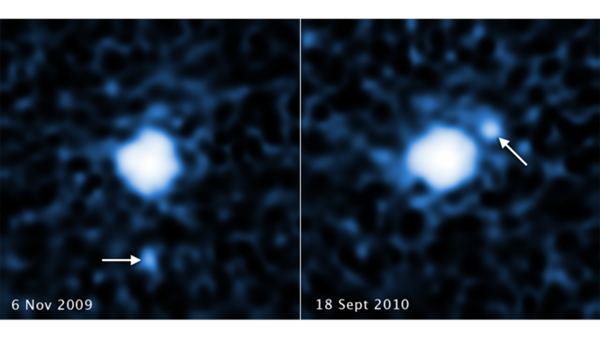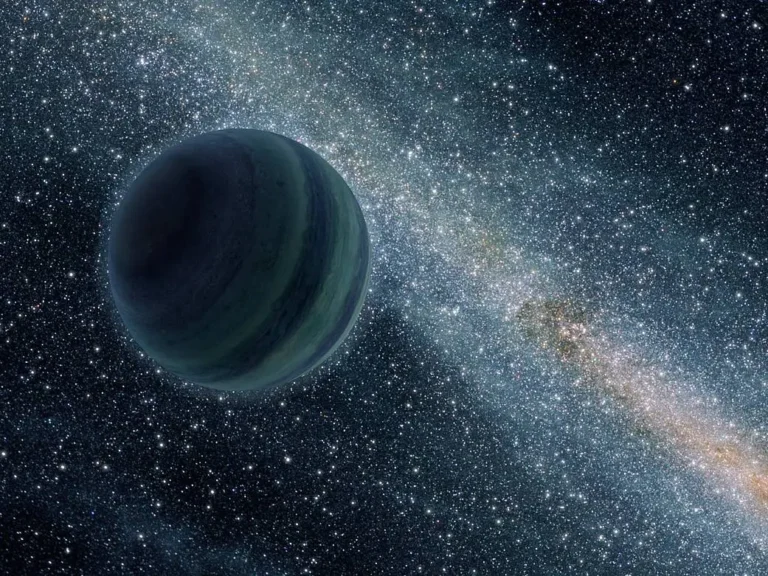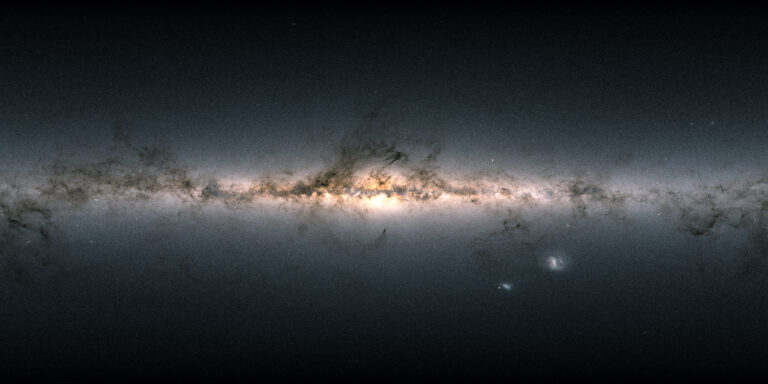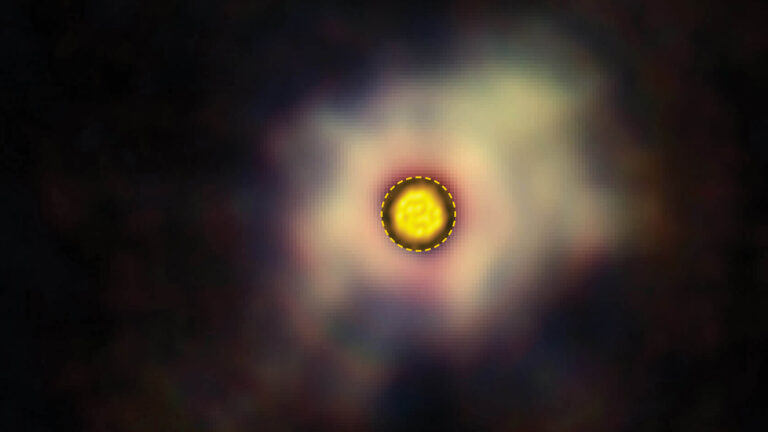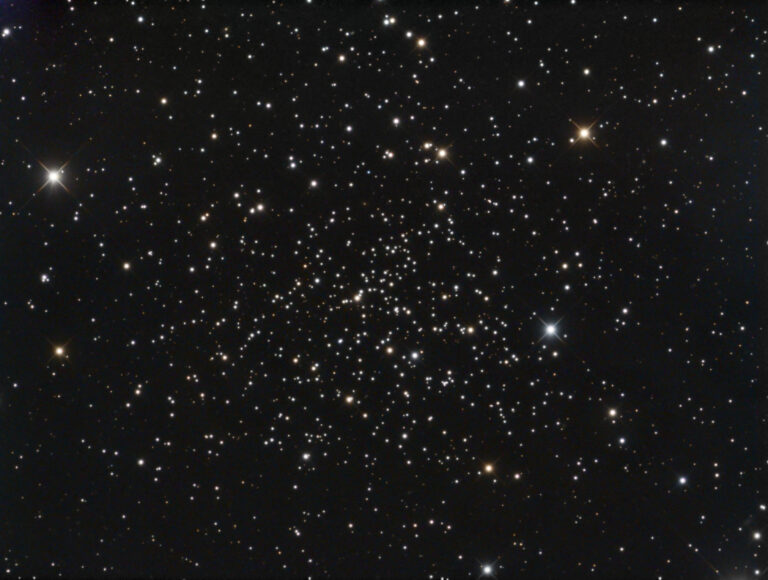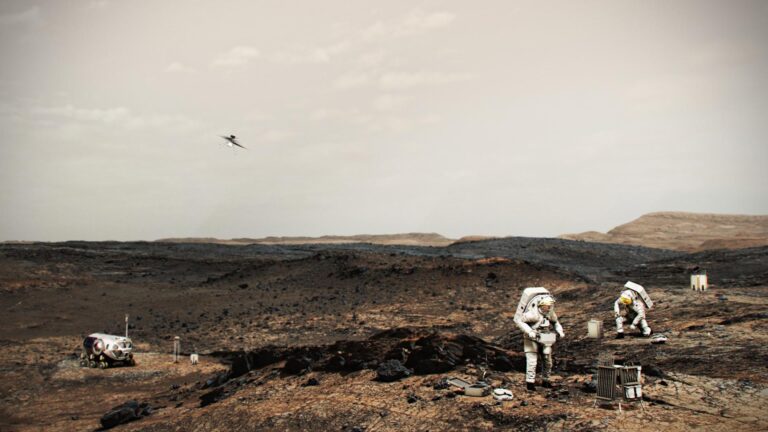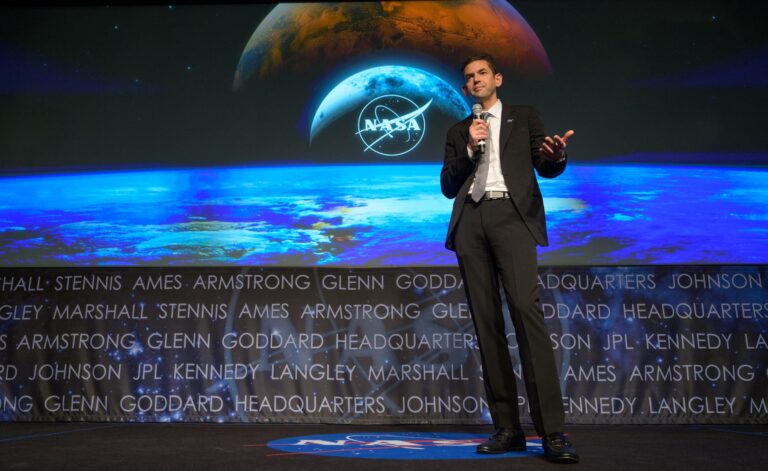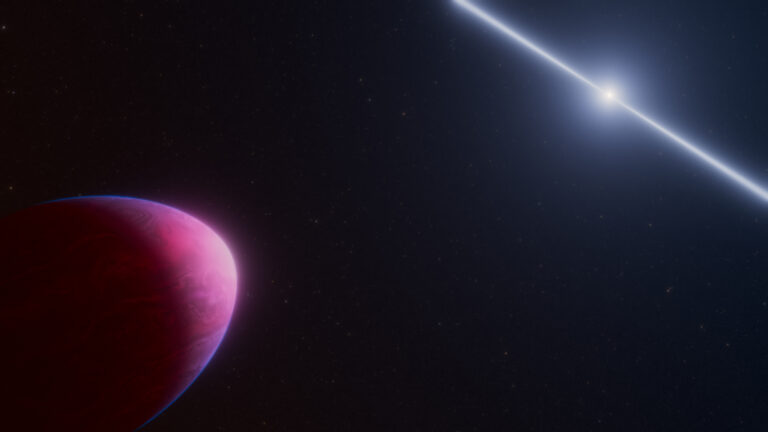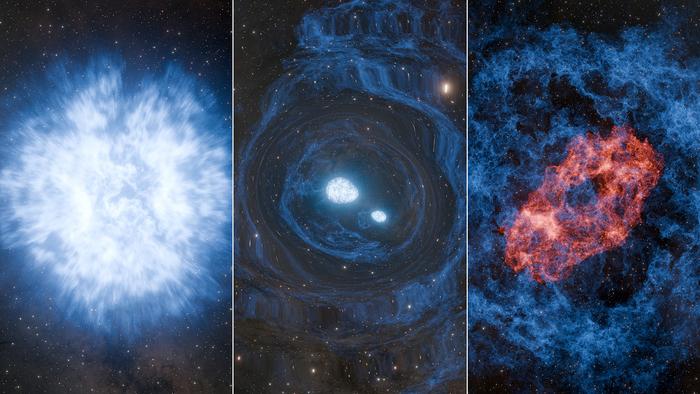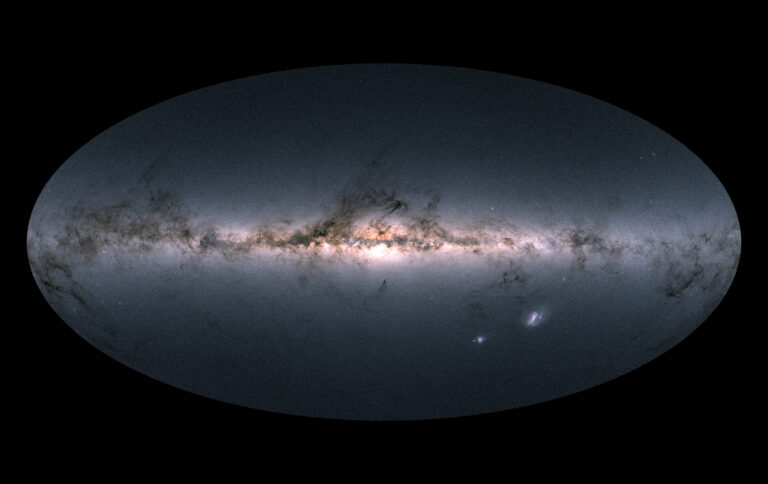Key Takeaways:
2007 OR10 is the largest body in the solar system with no common name. And now, the no-name dwarf planet with a diameter between 800 and 950 miles (1,290–1,528km) has been discovered to have a moon.
As the name implies, 2007 OR10 was initially discovered in 2007. It’s the third or fourth largest object in the Kuiper Belt, just after Pluto, Eris, and Makemake. There is some debate as to its size. Dwarf planet planetary scientist Mike Brown lists it as the fourth largest, while other estimates place it above Makemake in diameter. Brown’s graduate student at the time, Meg Schwamb, discovered the world. It is a bright, red, icy world that swings from 33 to 101 AU in its orbit. (One AU is the distance between the Earth and the Sun, and Neptune is at 30 AU.)
OR10 has a very slow rotation rate, which hid the moon in plain sight from Hubble for quite some time. It’s a large moon for OR10’s size, estimated at 150 to 250 miles (240–400km) in diameter. The higher estimate places the moon at the lower limits of dwarf planet status, had it orbited the Sun on its own. A body is considered a dwarf planet if it can attain a round shape and is only in orbit around the Sun and not another body. The moon is about one-quarter the size of OR10, a similar ratio to the Moon and Earth.
So now there’s a dwarf planet without a name with a fairly large moon around it. Maybe this boosts the case for giving it a real name.

